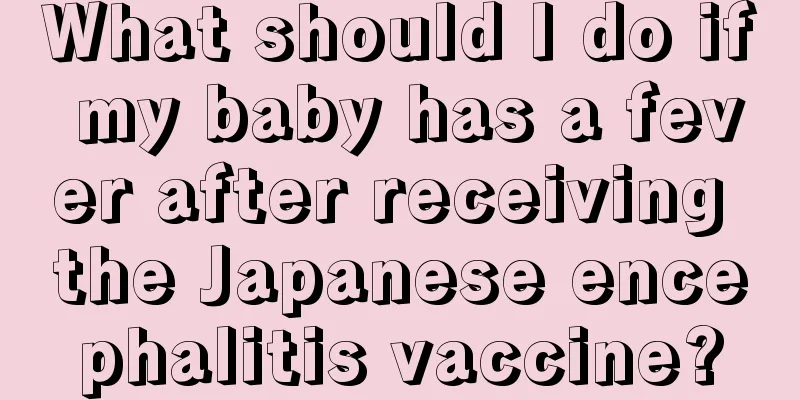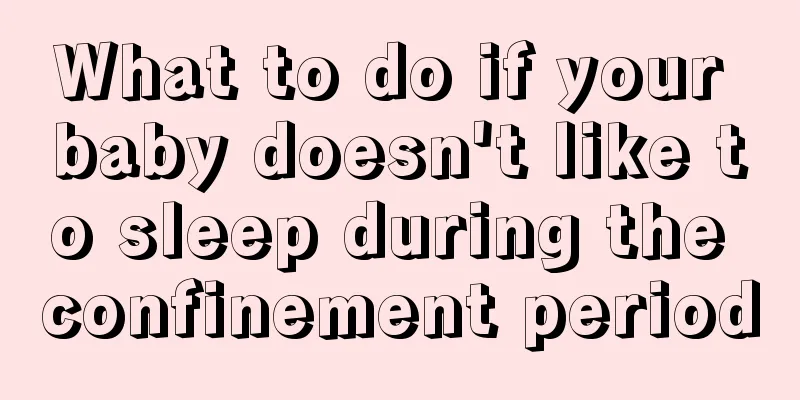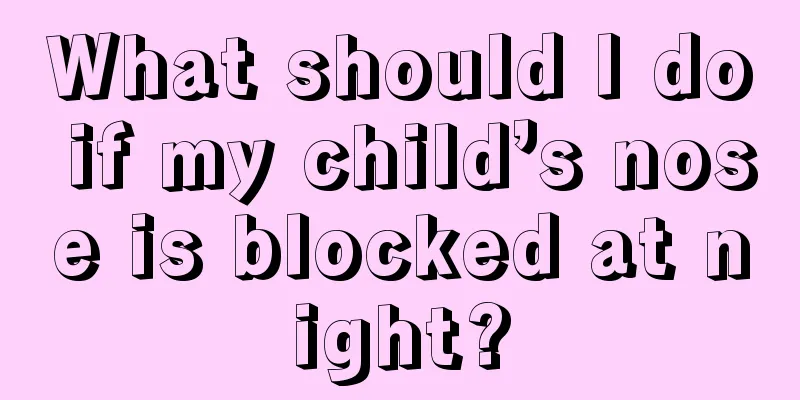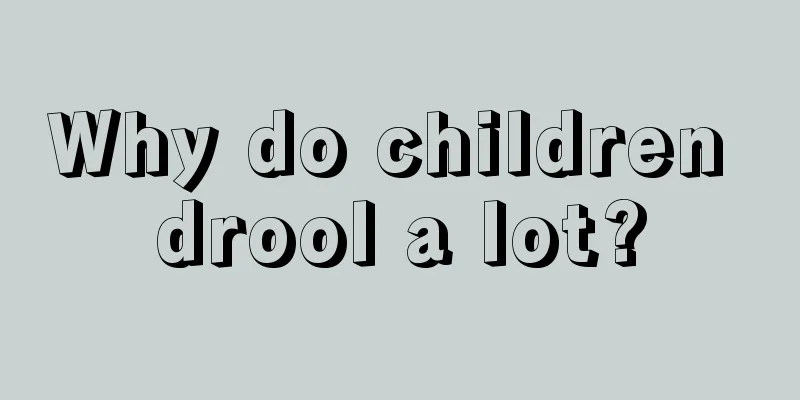What should I do if my baby has a fever after receiving the Japanese encephalitis vaccine?

|
Children need to receive multiple vaccines, one of which is called Japanese encephalitis vaccine, which is a vaccine specifically injected for epidemic encephalitis Japanese. Some babies will experience discomfort after receiving this vaccine, such as pain, redness of the skin, or even swelling. Some babies will have a fever after receiving this vaccine. How to solve this problem? First, what should I do if I get a fever after receiving the Japanese encephalitis vaccine? After receiving the Japanese encephalitis vaccine, many babies will have fever symptoms. Mothers can feed their babies more warm water. Mothers should carefully observe the baby's reactions and not let the baby do strenuous exercise. If the baby has a slight fever or loss of appetite, this is normal and will generally disappear automatically in one to two days. But if the reaction is strong and lasts for a long time, you should take your baby to the hospital immediately to see a doctor. If the temperature exceeds 39 degrees, you should use medication to reduce the temperature, but you should not take digestive inflammation medication on your own, otherwise it will easily reduce the effectiveness of the vaccination. Second, precautions for babies to receive Japanese encephalitis vaccine 1. Vaccination should be completed one month before the epidemic season. 2. Before vaccination, you should ask whether the patient has a history of allergies. 3. Carefully check the quality of the vaccine. If the liquid vaccine is turbid, discolored, contains foreign matter, or has been frozen, it must not be used. 4. 1‰ epinephrine should be available for emergency use in case of anaphylactic shock. 5. Before using liquid vaccine, add 0.1 ml of sodium bisulfite solution to every 5 ml of vaccine. After mixing, the formaldehyde in the vaccine can be neutralized, which can reduce the pain caused by the injection. 6. There is generally no reaction to the Japanese encephalitis vaccine, but some people may experience symptoms such as fever and dizziness. If there is a rash, the patient should be carefully observed and given appropriate symptomatic treatment if necessary. Third, the time of Japanese encephalitis vaccination The time for Japanese encephalitis vaccination varies according to the type of vaccine, including live attenuated Japanese encephalitis vaccine and inactivated Japanese encephalitis vaccine. The specific time for Japanese encephalitis vaccination is: Live attenuated Japanese encephalitis vaccine: healthy children over 8 months old and children and adults entering the epidemic area from non-epidemic areas. The Japanese encephalitis live attenuated vaccine is administered in two doses, with children receiving one dose each at 8 months and 2 years of age. Inactivated Japanese encephalitis vaccine: children aged 6 months to 10 years and children and adults entering the epidemic area from non-epidemic areas. The inactivated Japanese encephalitis vaccine is administered in 4 doses, with children receiving 2 doses at 8 months of age, and 1 dose each at 2 and 6 years of age. |
<<: What should I do if my child has red spots on his tongue?
>>: Don’t rush to give your baby an injection if he has diarrhea. Here are two tips for you.
Recommend
What to do if your child swallows a coin
Children have no sense of danger. They are just v...
What should I do if my child has periodontitis? Four steps to tell you
Nowadays, children’s childhood is very fulfilling...
What should I do if my newborn baby has milk coming out of his nose?
Newborns often spit up milk, which is normal but ...
The harm of lymph nodes in children's neck
Children have weak resistance and are prone to mi...
What to eat for active kids?
The survival pressure in today's society is h...
What causes the baby's yellow nose?
A baby's yellow nose is a very common disease...
What is the cause of umbilical hernia in a two-month-old baby?
A two-month-old baby is just born and his immune ...
Treatment for a two-year-old baby who loves to sweat while sleeping
I don’t know if you have ever encountered a two-y...
What medicine should be applied to children's scrotal itching
Many mothers know that little boys sometimes expe...
Why do children’s teeth turn black?
For a mother, her child is the most important thi...
What to do if your child catches a cold and vomits
Many parents believe that children are prone to c...
Six-month-old baby has small red bumps on his face
As 6-month-old babies gradually begin to add vari...
Treatment of upper respiratory tract infections in children
If we want to treat children's upper respirat...
Reasons for cold sweats in children
What mothers care about most is the physical deve...
How much sleep does a two-year-old baby need?
It is well known that adequate sleep is very impo...









